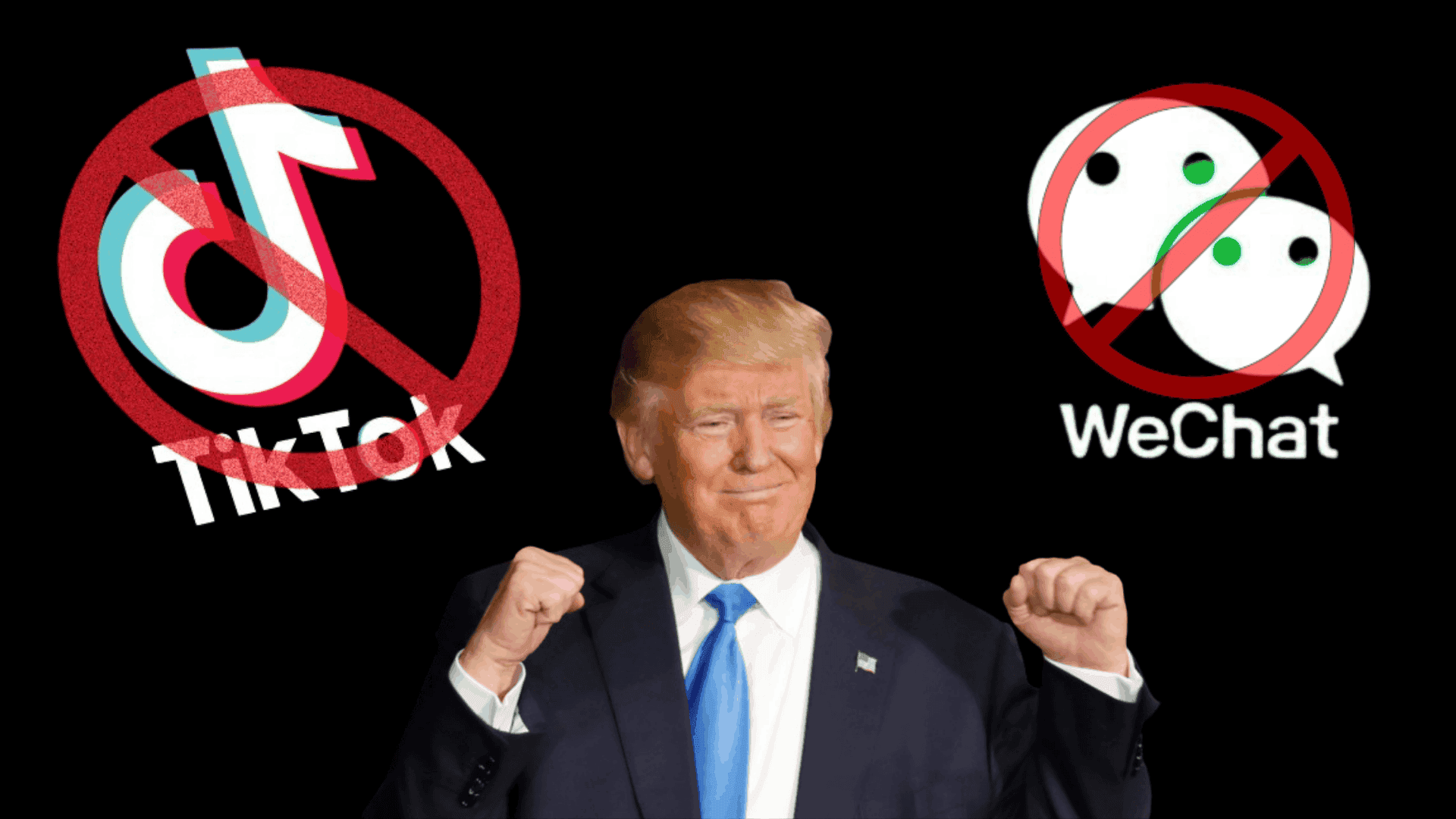

It makes my family, who mostly live some 7,000 miles away from my apartment in Brooklyn, feel like we live together in the same house.

Because of the time difference, I often wake up to a barrage of messages, such as my grandparents and uncle discussing when he will pick the grandparents up from their Beijing apartment. I receive messages constantly, from trivial little updates, like my aunt displaying her rations - the many bags of rice and gallons of oil she received that day from her company (a common practice in China) - my grandparents’ schedules of their daily walks, or even just pictures of the family cat. I’m part of multiple big 朋友群 (messaging groups) - this is analogous to a non-Chinese family’s iMessage - with different members of my family, from my grandparents to my most distant cousins. My entire extended family, with the exception of my mother and sister, live in Mainland China. But one thing is for sure: If Trump’s WeChat ban is put into effect, which he is still threatening to do, Chinese Americans will be cut off from their families back home during an already stressful worldwide pandemic. As of now, the fate of WeChat - and TikTok - in America is uncertain. The day after Trump’s executive order, US Magistrate Judge Laurel Beeler of Northern California issued a preliminary injunction on the ban, asserting that it violated First Amendment rights. There’s no immediate alternative to WeChat because so many communication apps are blocked for Chinese users by the Chinese government. Although the ban has been temporarily blocked, my family is waiting anxiously for the day that our communications are cut off. Trump’s ban, which would have prevented new downloads on US app stores as well as overseas payments between users, would have resulted immediately in a loss of functionality of WeChat. Because so many foreign websites are banned in China, WeChat functions as Facebook, Instagram, Zoom, Venmo, bill pay, and online banking all rolled into one app. But less attention has been paid to WeChat, an app little known to most Americans, but which acts as the lifeblood of the internet for Chinese citizens as well as Chinese living overseas.

Without WeChat, how were we going to talk?Īs Trump escalates his rhetoric against China, much of the media has focused on Trump’s ban on TikTok, the video-creation app popular among teens. Immediately my heart dropped to the floor, imagining that I only had 60 days to chat with my grandfather in what is likely his final months. The next day, my mother called me and told me my beloved grandfather, who lives in Beijing, China, had a recurrence of colon cancer. On September 18, 2020, President Trump signed an executive order to ban Chinese-owned apps TikTok and WeChat.


 0 kommentar(er)
0 kommentar(er)
